Hundreds of Scientists Have Peer-Reviewed for Predatory Journals
Many of these titles have some editorial oversight - but the quality of reviews is in question.
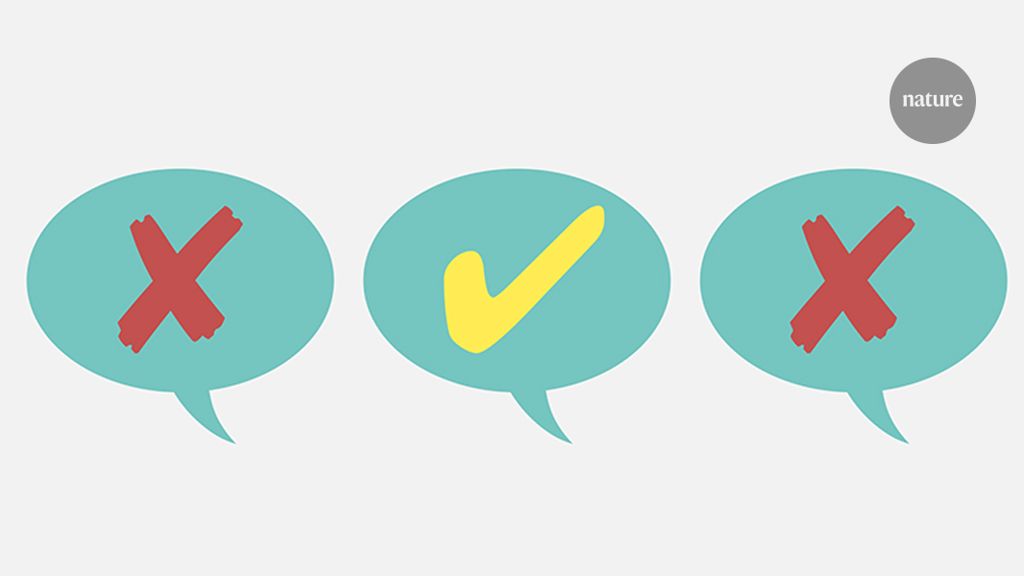
Send us a link
Many of these titles have some editorial oversight - but the quality of reviews is in question.

A team member on the huge project has tested positive for the virus, delaying the air mission.
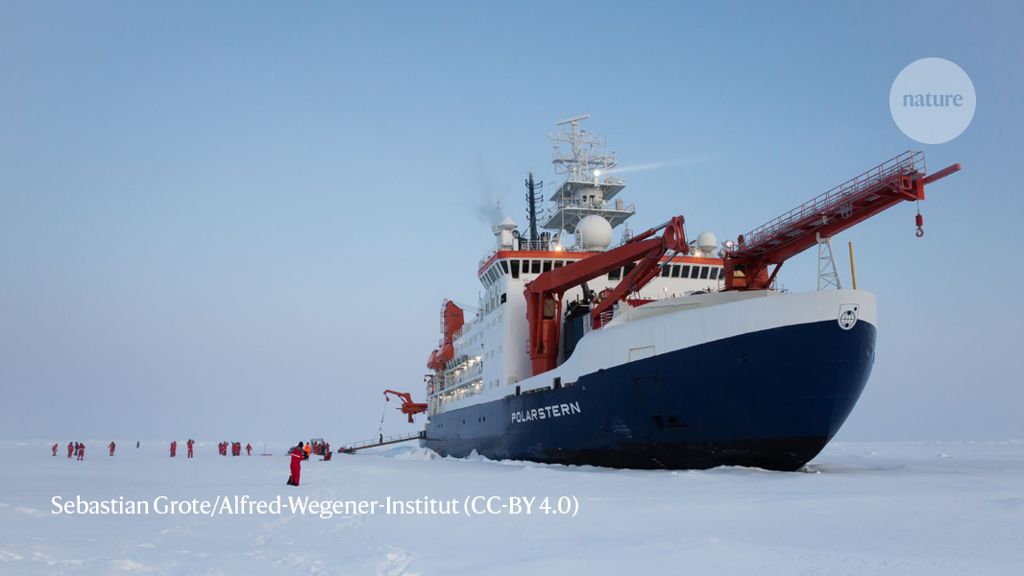
Research and reading helped Shipra Jain to gain confidence in her abilities.

When science is viewed in isolation from the past and politics, it's easier for those with bad intentions to revive dangerous and discredited ideas.
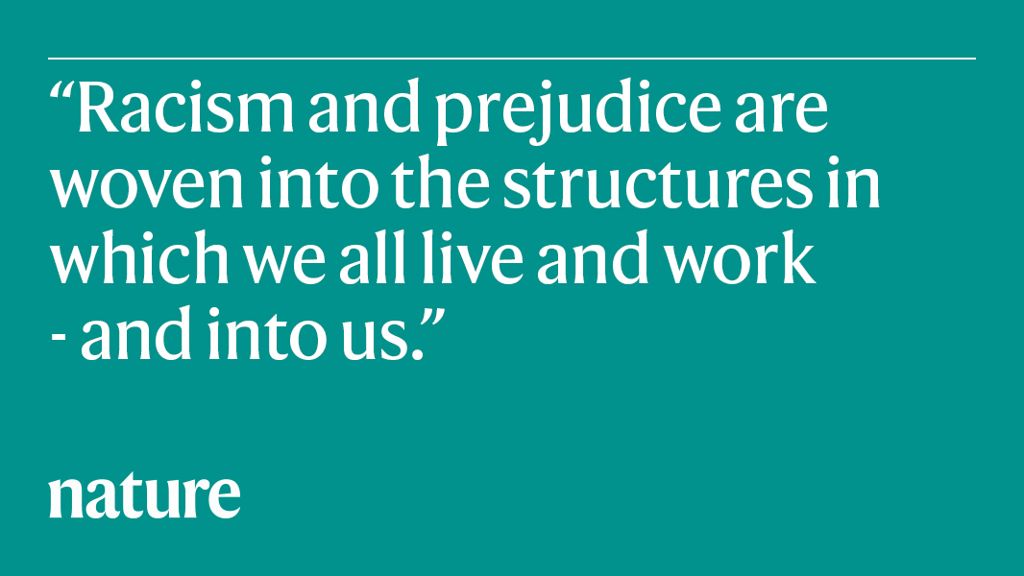
Hilal A. Lashuel's experiences have taught him that maintaining good mental health and balancing life and work is a struggle everywhere in academia.

The public call for rapid sharing of research data relevant to the COVID-19 outbreak is driving an unprecedented surge in (unrefereed) preprints. To help pinpoint the most important research, Nature launched Outbreak Science Rapid PREreview, an open-source platform for rapid review of preprints related to emerging outbreaks.
An example of finding the balance between personal and professional lives during moves overseas and in and out of academia.

Physicists who were set to attend the American Physical Society's Denver conference are using virtual platforms to share their talks.
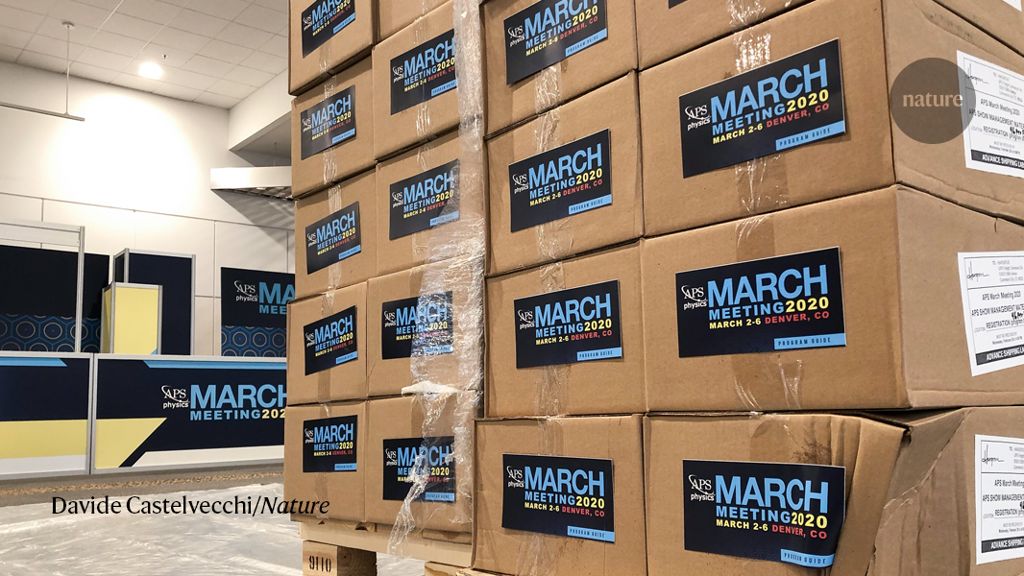
New policy tackles perverse incentives that drive 'publish or perish' culture and might be encouraging questionable research practices.

Three searchable databases provide information on global opportunities for graduate students, postdocs and junior faculty members.
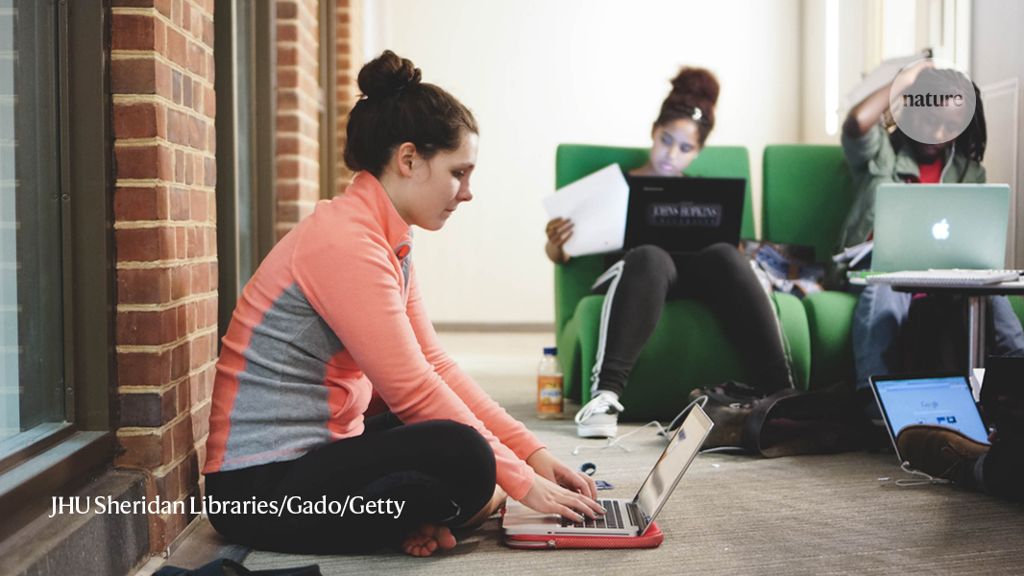
More funders and publishers must support such work and emphasize its value to the research community.

This article argues it is irresponsible to support research but not data stewardship.
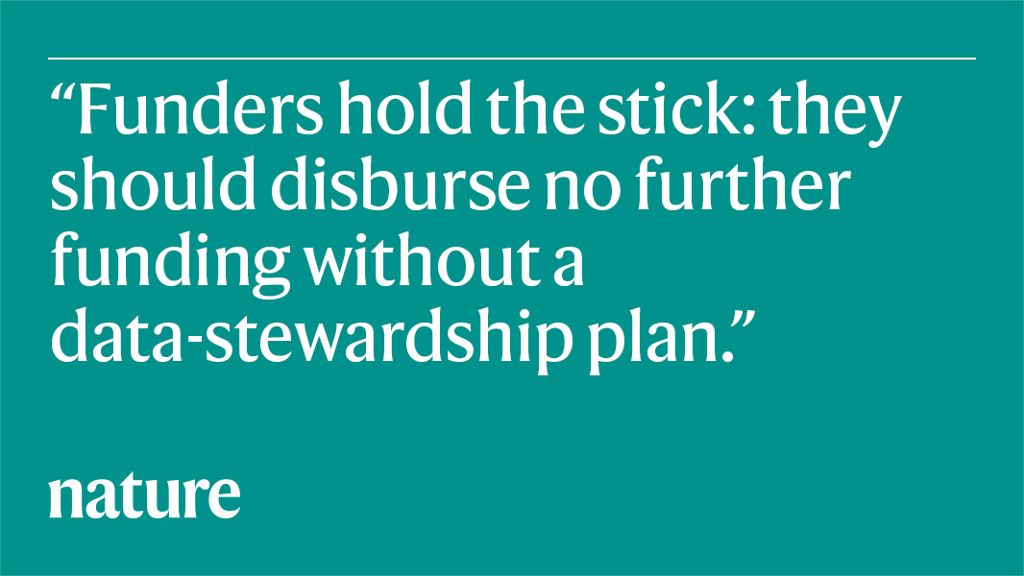
A move from Germany taught Deb Raj Aryal how to acclimatize to a new research culture.

The incident raises important questions about how institutions handle accusations of harassment that occurred at different universities - particularly in the #MeToo era.

Journals, funders and scholars must work together to create an infrastructure to study peer review.
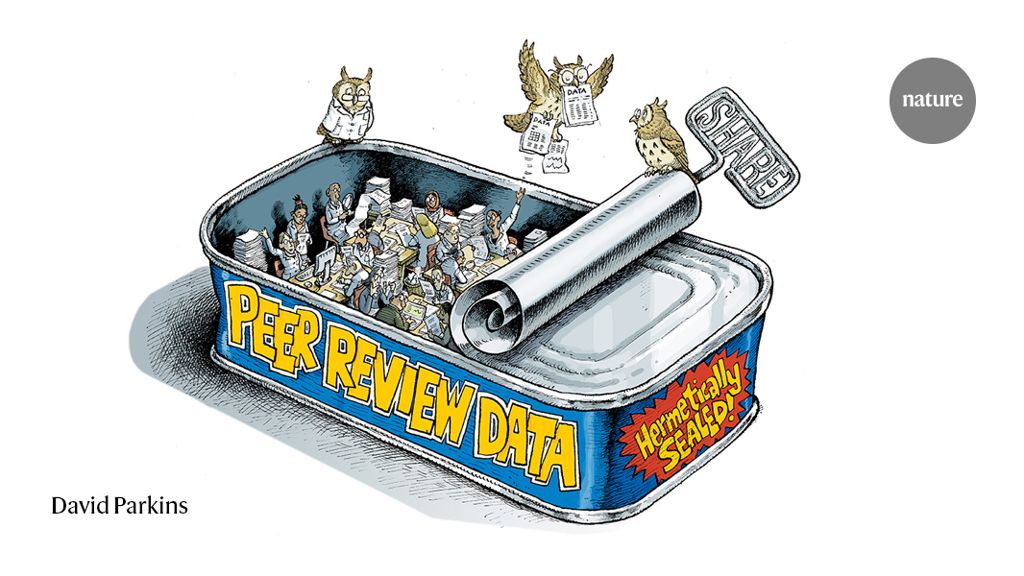
A new tool, created by the advocacy organization Center for Open Science, seeks to change editorial practices. Journals are scored based on ten different criteria, including availability of data and policies on preregistration.
Machine learning spots molecules that work even against 'untreatable' strains of bacteria.

John Malloy shares his experiences of risking debt to travel - and discusses what to do about it.

Failed funding applications are inevitable, but perseverance can pay dividends.
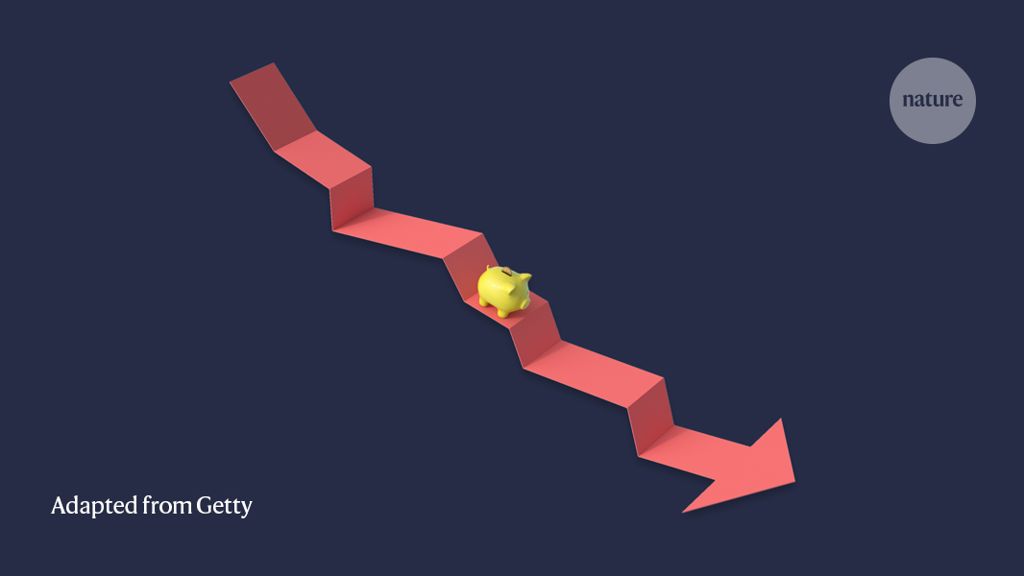
Kvarven, Strømland and Johannesson compare meta-analyses to multiple-laboratory replication projects and find that meta-analyses overestimate effect sizes by a factor of almost three. Commonly used methods of adjusting for publication bias do not substantively improve results.
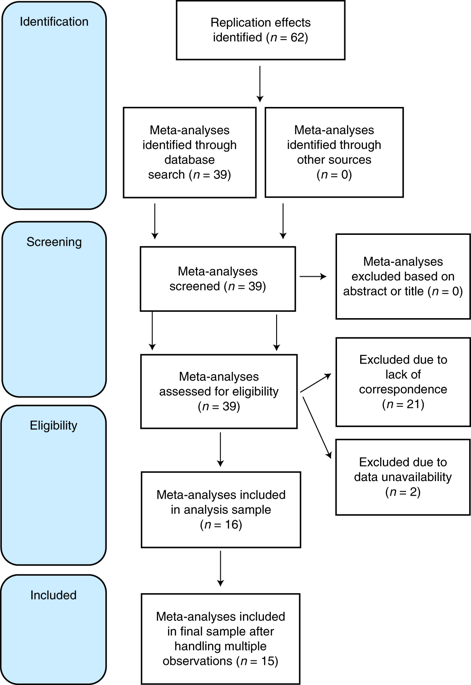
Repositories like INA-Rxiv and IndiaRxiv boost regional science, but finding cash to run them is proving difficult.

An automated e-mail response posted by an academic researcher on Twitter unleashed a social-media debate about the importance of work-life balance.

Research involves deep discussions between authors and reviewers. Starting this week, readers of some Nature Research journals will be able to see this up close.

As the new coronavirus continues its deadly spread, researchers must ensure that their work on this outbreak is shared rapidly and openly.
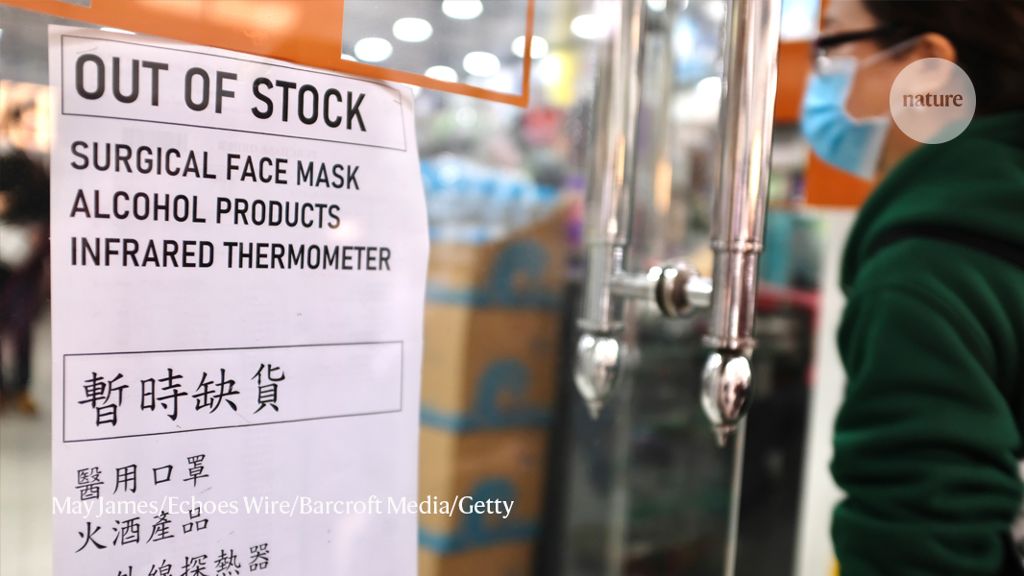
A mean and aggressive research working culture threatens the public's respect for scientists and their expertise, says Gail Cardew.
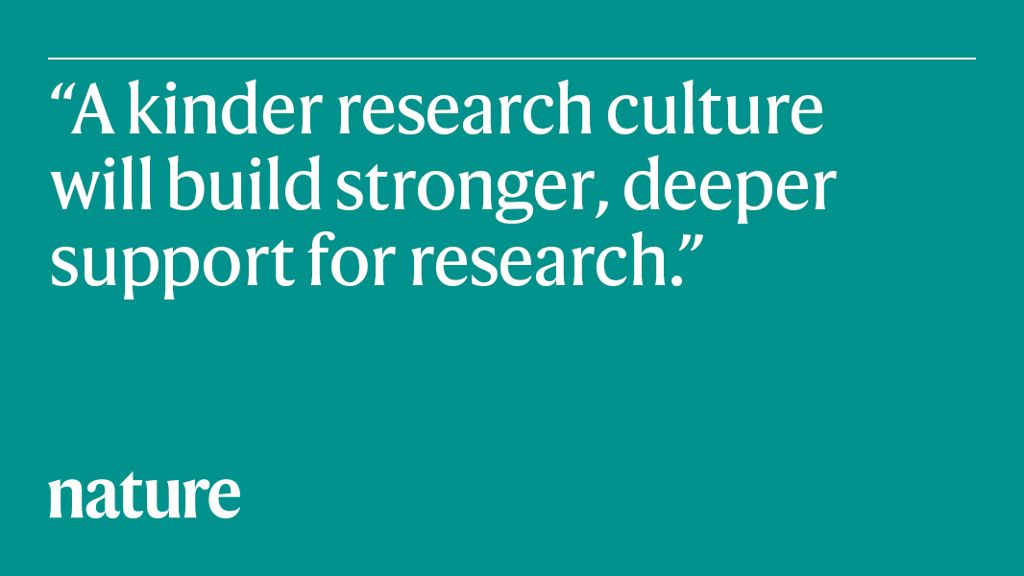
Volunteering with an organization can improve communication and help you adapt to the unexpected.
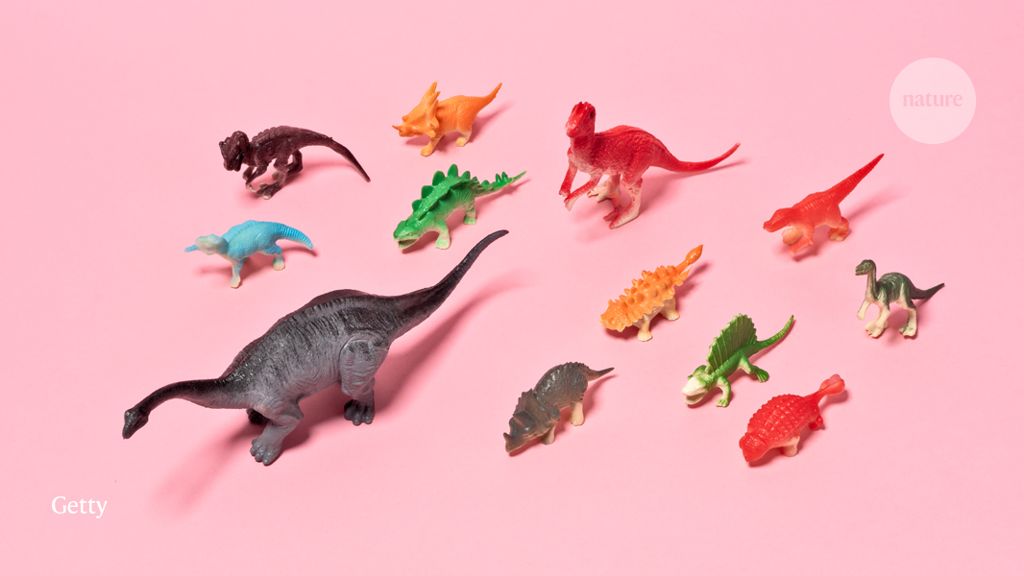
Nature asked readers what it should focus on in the next decade. Here is what the respondents said.
